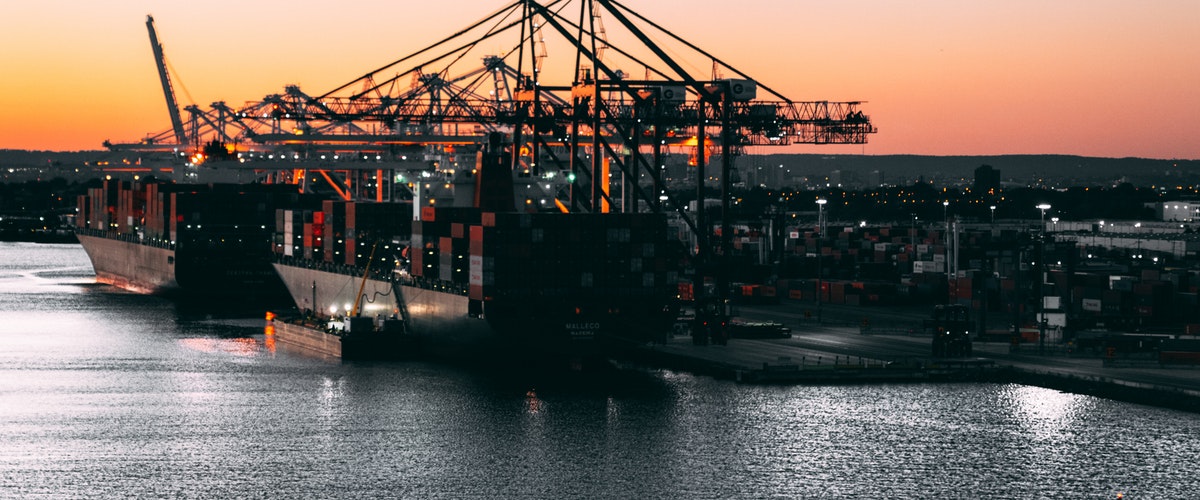Eleven government education and sector agencies on June 25 signed a memorandum of understanding (MOU) launching the Philippine Skills Framework (PSF) initiative. The project aims to reskill and upscale the country’s workforce, with logistics and supply chain as the pilot industry.
A memorandum of agreement on the PSF for Supply Chain and Logistics (PSF-SCL) was signed virtually on the same day by four government agencies and 16 industry association groups.
The PSF is an inclusive innovation strategy that seeks to equip the country’s workforce with skills mastery and prepare them for the future economy, especially for the fourth industrial revolution (4IR) or Industry 4.0, by providing industry-specific skills frameworks.
The initiative resulted from an MOU to cooperate in human capital development that was signed in 2019 by the Philippines and Singapore. The Philippines was represented by the Department of Trade and Industry (DTI) and Technical Education and Skills Development Authority (TESDA), while Singapore was represented by SkillsFuture Singapore, an arm of Singapore’s Ministry of Education. The PSF initiative was produced by referencing the Singapore Skills Framework.
“The need to reskill and upskill our human capital and workforce remains a crucial part of our plans. This is essential so that our industries can increase and sustain their competitiveness under the 4IR and move us closer to our goal of becoming an industrialized nation,” Trade Secretary Ramon Lopez said in a statement during the PSF launching.
TESDA director general Isidro Lapeña said the PSF “is developed by and for the industry” in the same way that TESDA’s training regulations are developed.
Under the MOU, the parties commit to coordinate and collaborate to develop the country’s human capital and workforce for the 4IR, and upgrade workers’ skills for the future economy.
Interagency efforts will involve the development of sector-specific skills frameworks that will provide guidance on how to enhance the skills of the country’s workers for particular job roles.
(For the full report, visit https://www.portcalls.com/ph-skills-program-launched-logistics-pilot-industry/)
6. Container premium rates seen to increase from July 1
Container shipping lines are likely to increase their premium charges on July 1 even as trans-Pacific premium rates in particular are already at record highs, according to S&P Global Platts.
Platts, a leading provider of benchmark prices and analytics for the commodities markets, said indications show premium rates are still going upwards even as customers are already paying premiums in the five digits.
Moreover, most eastbound trans-Pacific cargo is now moving on a premium basis and carriers are said to be releasing few freight all kind (FAK) bookings.
FAK is a pricing system in which a group of shipments is put together to be transported as a single shipment and freight is charged using a unique rate.
According to a recent blog by S.P. Fume Co., Inc., a US-based port fumigation service company, premium rates refer to the specific amount of rates being added to regular rates, which currently are already extremely high.
The blog noted that over the last four to five months, all the shipping carriers “started to implement this ‘premium strategy,’ which is actually just a GRI (general rate increase) variation without the 30-day notice that the FMC (US Federal Maritime Commission) requests.”
But even with premium rates, the blog said carrier service remains questionable: “One might have thought that services provided should be exceptional, especially since the rates have just about tripled from what these fees were a year ago. However, the services have not improved.”
It noted that the reliability schedule has actually declined from 80% to 85% to 40% to 45%.
During the week ended June 25, S&P Global Platts heard all-inclusive premium bookings at US$17,700 per forty-foot equivalent unit (FEU) into the US Gulf Coast, and an FAK excluded rate from Southeast Asia to US West Coast at $14,000/FEU.
One shipper was heard paying $22,000 per FEU for Southeast Asian cargo bound for the US Gulf Coast.
And some shippers have reportedly been denied bookings even while paying premium levels, as importers vie with one another to secure a booking, added Platts.
And while the Port of Yantian in China has resumed full capacity, there remains a significant backlog of both inbound and outbound cargo.
Heading into the summer peak season, both FAK and premiums from South China base ports are expected to see significant increases as carriers and terminals grapple with the cargo pileup, which could leave South China rates higher than those in North Asia.
Source: PortCalls Asia
July 05, 2021













